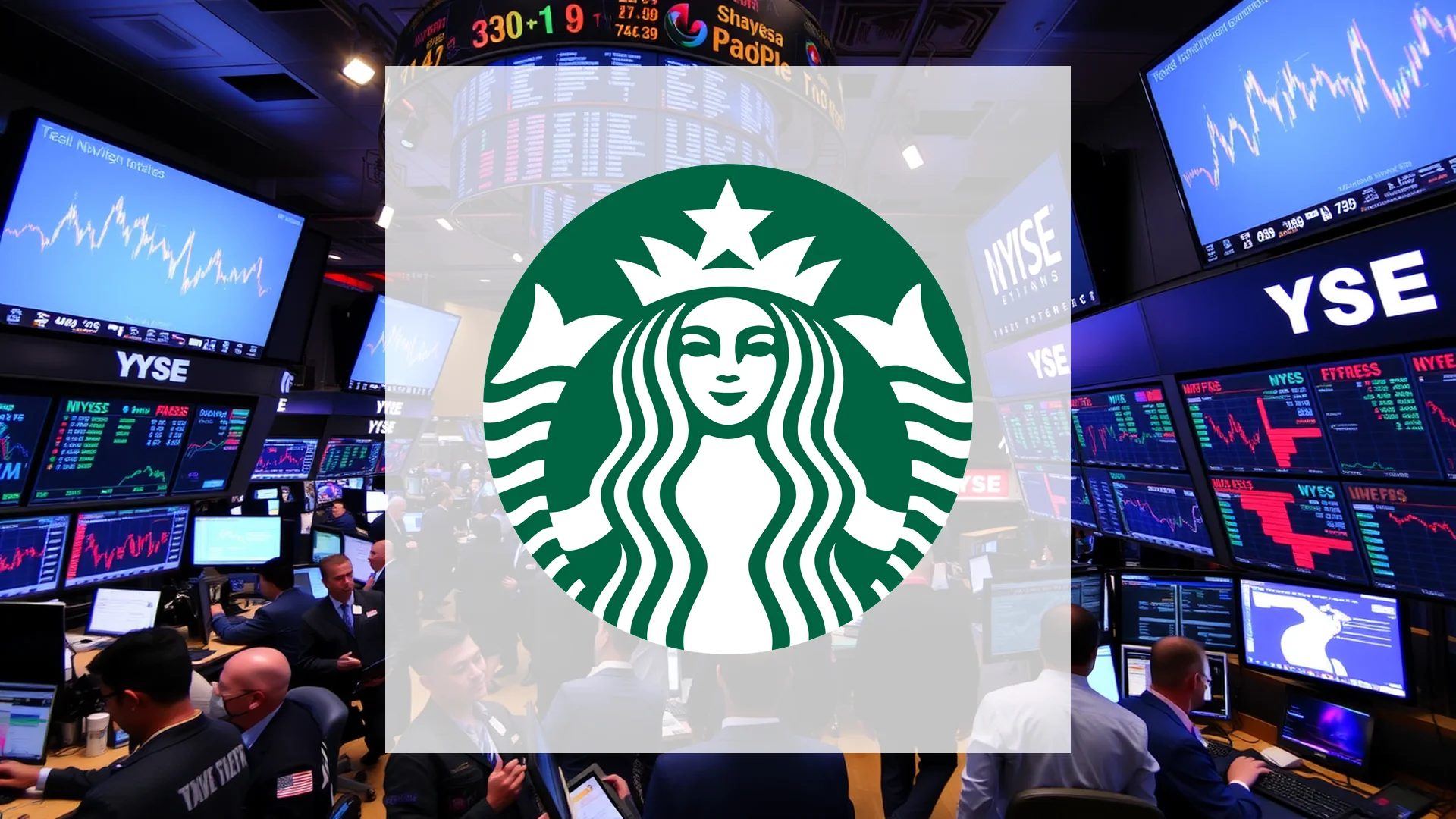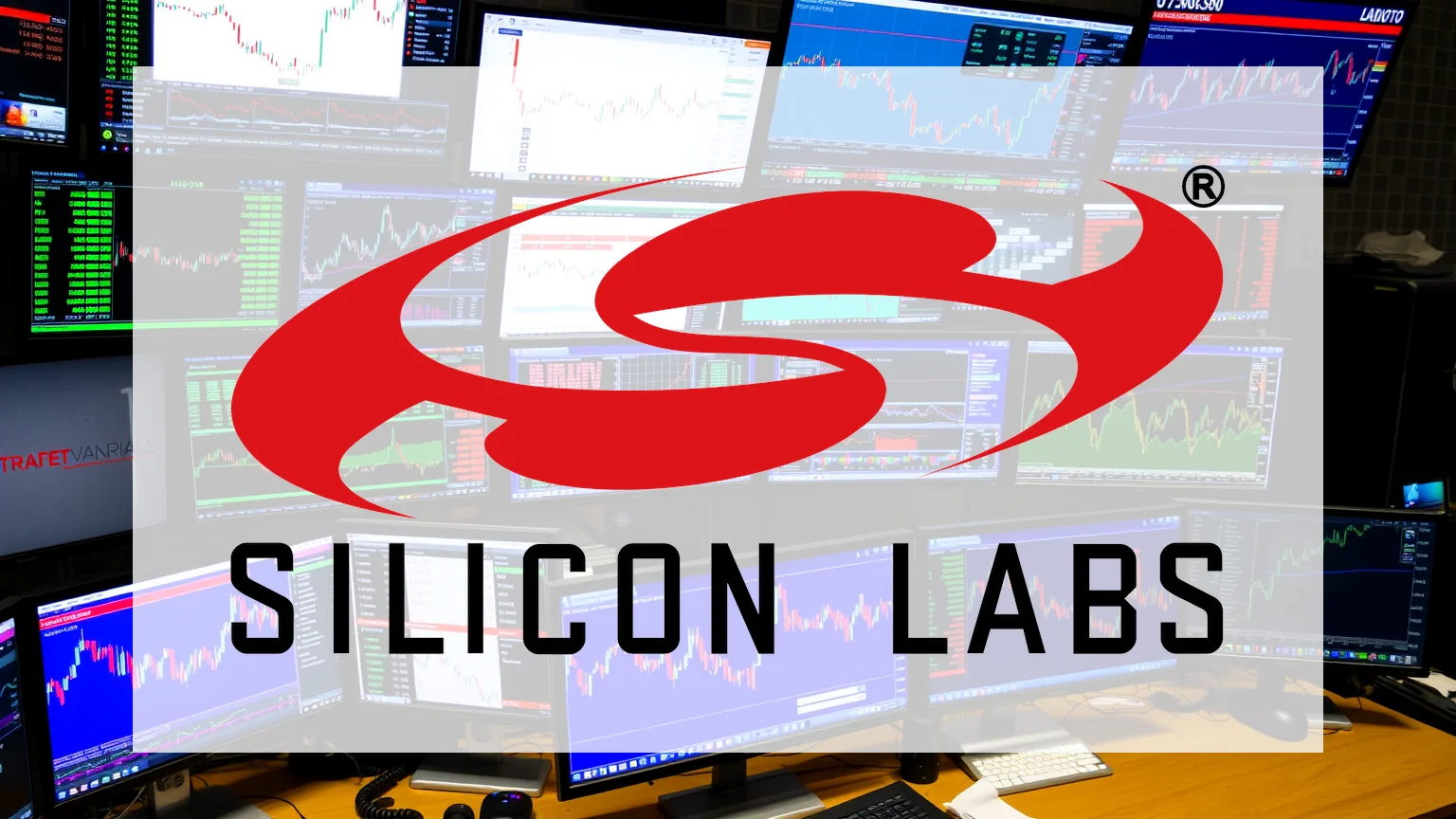While Meta Platforms Inc. reported impressive third-quarter earnings, a notable shift is occurring behind the scenes. Several prominent Wall Street investment firms have significantly reduced their holdings in the social media giant, raising questions about the company’s strategic direction. This institutional selling coincides with the departure of a key artificial intelligence leader and rapidly escalating operational expenditures.
Institutional Investors Scale Back Exposure
Recent regulatory filings reveal substantial position reductions by major hedge funds during the third quarter. The 13F reports, which mandate disclosure of equity holdings, show concerning trends for Meta investors:
- Tiger Global Management slashed its Meta stake by 62.6%
- Lone Pine Capital disposed of 34.8% of its shares in the company
- Both firms represent the elite “Tiger Cubs” group of investment managers
These coordinated reductions by sophisticated market participants suggest deeper concerns about Meta’s valuation or strategic trajectory than surface-level financial results indicate. While some buyers emerged, including Haverford Trust, the scale of selling activity far outweighed these acquisitions.
AI Leadership Departure Raises Questions
Compounding investor concerns, Yann LeCun—Meta’s chief AI scientist and a recognized pioneer in the field—is departing the company. LeCun plans to launch his own startup focused on “World Models,” an alternative approach to artificial intelligence development.
Should investors sell immediately? Or is it worth buying Meta?
His exit coincides with internal restructuring within Meta’s AI division and prompts serious examination of the company’s technological roadmap. When the architect behind a core future technology leaves, it may indicate internal disagreements or doubts about the current strategic direction.
Profit Margins Under Pressure From Spending Surge
Meta’s third-quarter operational performance appeared robust at first glance. Revenue jumped 26% to $51.24 billion, while daily active users reached 3.54 billion. The average price per advertisement increased by 10%.
However, the cost of generating this growth is becoming increasingly substantial:
- Total expenses surged 32% to $30.71 billion—outpacing revenue growth
- The company plans capital expenditures between $70 and $72 billion for 2025
- Management has already indicated that 2026 spending will be “significantly higher”
The widening gap between revenue expansion and cost inflation presents substantial challenges. Meta’s massive bet on artificial intelligence must now deliver tangible returns, or the company faces potential margin compression. The strategic retreat by savvy institutional investors suggests they’re betting precisely on this outcome—that enormous AI investments may fail to generate promised returns.
Ad
Meta Stock: Buy or Sell?! New Meta Analysis from February 7 delivers the answer:
The latest Meta figures speak for themselves: Urgent action needed for Meta investors. Is it worth buying or should you sell? Find out what to do now in the current free analysis from February 7.
Meta: Buy or sell? Read more here...










